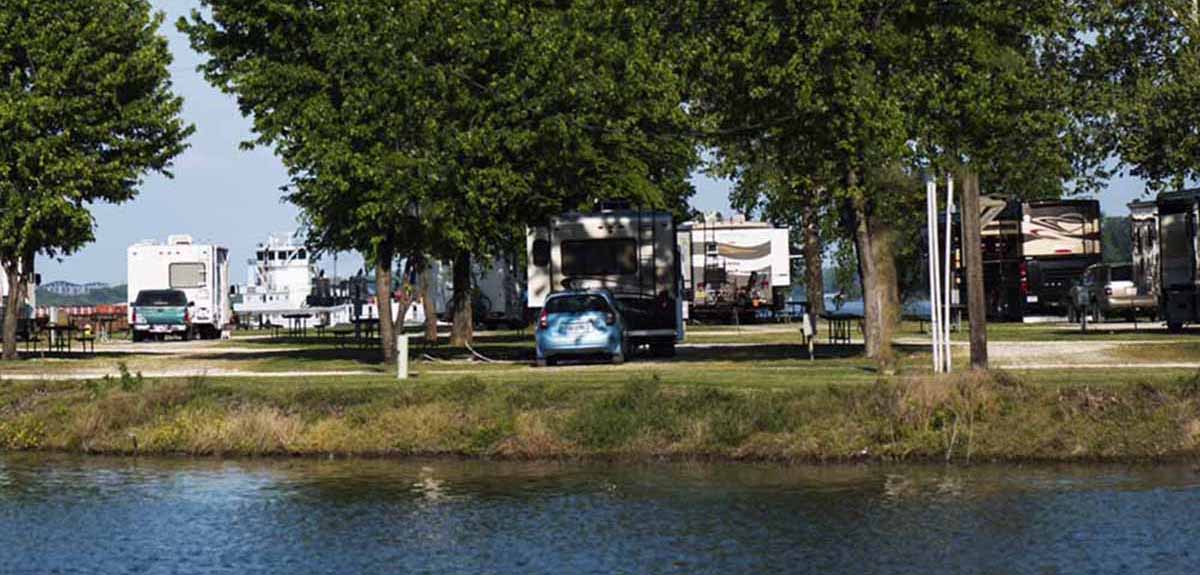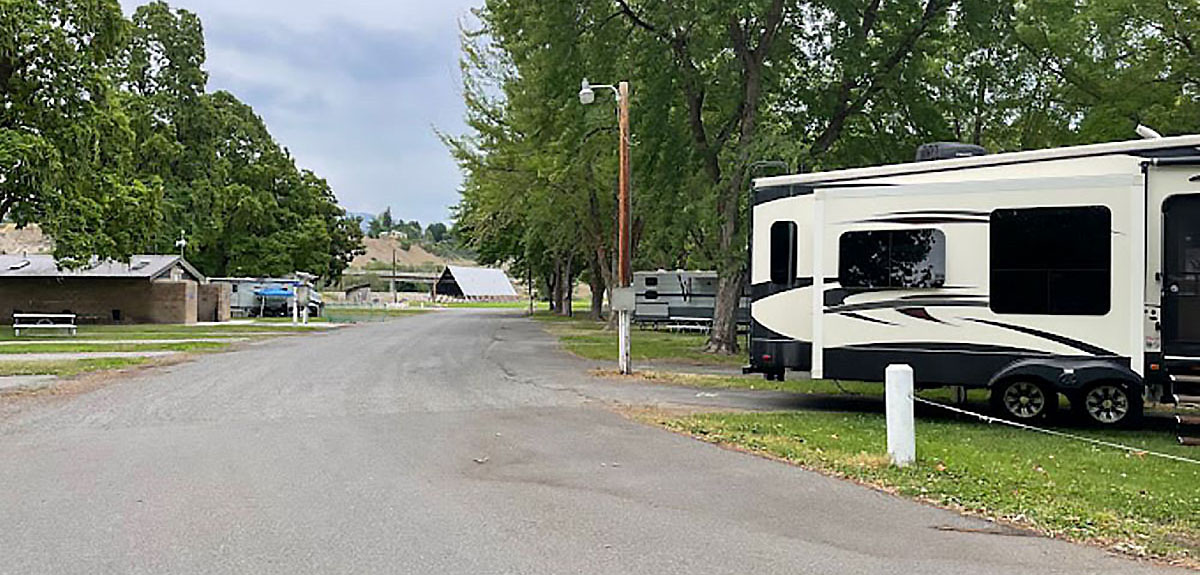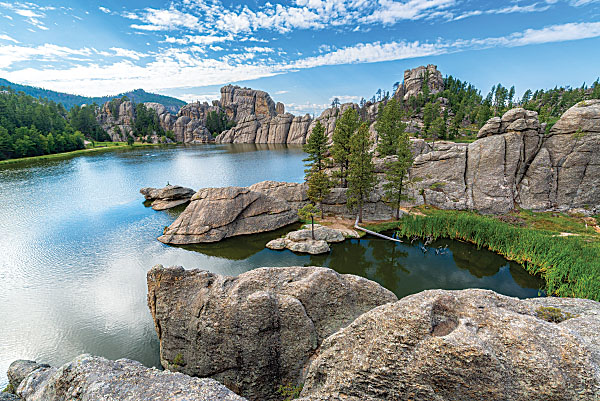5 Tips for Your Next Cross-Country Road Trip
Planning Ahead For the Unexpected
Image Caption:
Travel anxiety is characterized by shortness of breath, irritability, nervousness and unexplained dread. What if I forgot my swim trunks? Are we going to be late? Do you think we’ll need [insert obviously unnecessary object] along the way? Given how much time, effort and treasure put into your vacation plans, travel anxiety is understandable, but best avoided. Learn a few lessons the easy way with some hard-learned tips that will make your next cross-country journey less stressful for all.
1. Keep an eye out for deals and plan your route accordingly
The web is a treasure trove of deals for bargain-savvy travelers. National Park Week, in the month of April, often means there are deals and special events hosting by National Parks across the country. Many of the parks will celebrate with special programs and events.
Other sites, like LivingSocial and Groupon, can be very handy for finding cheap activities along your route. Passing through Chicago? Check online for deals available while you’re passing through. You may soon find yourself sipping wine on an architectural boat tour or visiting the Shedd Aquarium for a fraction of the normal price. Smaller cities are also jumping on the bandwagon, so check it out – you never know what you might miss.
2. Head mechanical problems off at the pass
Most serious mechanical problems make themselves known before things truly hit the fan. Before leaving — and at rest stops along the way — examine your vehicle and what you’re towing. Are the tires wearing correctly? Does it smell funny? Was this wire always hanging? A sweet, funky smell could be a developing coolant leak under hood. A stinky wheel could mean brake or bearing trouble.
While driving, pay close attention to any vibration, rattles, clunks or any other sights, sounds or feelings that are out of the ordinary. Obeying your senses may help you diagnose a problem with your vehicle or trailer before it results in a breakdown that costs valuable time and money. Also, be sure to check your tire pressure each morning, with additional visual inspections. Blowing a tire on a motorhome or with a trailer is a scary experience.
3. Plan for rush hour, in the country
Motoring through the verdant countryside is so relaxing that the mind can wander. You spot a hawk soaring over a field and think back to a childhood memory, or wonder what’s around that obscured bend in the river. Then a sudden flash of brake lights brings you back to reality, but it’s already too late: you’ve stumbled upon a backed up road and, worse, it’s rush hour and you’re entering a city!
Once you’re there, you’re stuck, so plan accordingly to avoid major metropolitan areas during rush hour. Starting and stopping sucks down gasoline — especially behind the wheel of a big rig — and it will stress your body and mind making it difficult to travel as many miles as you were planning for the day.
Modern GPS units can alert you to slow traffic ahead or re-route you to avoid cities. If you’ve unavoidably entered a city at rush hour, find a park or restaurant to await the evening/morning crush and get back on the road after traffic calms down.
4. Take advantage of free overnight parking
You’re most likely aware that you can park free overnight in many (but not all) Walmart parking lots, but did you know you can also stay free overnight at Pilot and Flying J Travel Centers? In addition to the great gas discounts your Good Sam membership qualifies you for at Pilot and Flying J Travel Centers, they also offer free overnight parking in spots reserved for RVs. If those spots are taken you are also welcome to park overnight in any other open parking space.
Of course, you’ll want to enjoy the comforts of a great RV park most nights, but isn’t it good to know that the 600 Pilot and Flying J Travel Centers across the U.S. (plus more in Canada) offer free parking when you need to stop for the night.
5. Be spontaneous
In seeking to avoid travel anxiety while on the road, “being spontaneous” can be code language for rolling with the punches. Weather changes, roads close, unexpected doctor visits and other things just happen and cannot be avoided. If a curveball is thrown your way, try and take advantage of your newly modified circumstances.
While this can sound better in theory than reality, remember that the mark of a good vacation is not how many things are crossed off of your to-do list, but rather the quality of your relaxation. Time spent worrying about changes or various “what ifs” is better spent laughing about the change and finding fun things to do in substitution of any planned activities you may have missed.
A wise traveler once said, “the good stuff is often forgotten; the best vacation memories come from the unplanned situations that happen along the way.”





